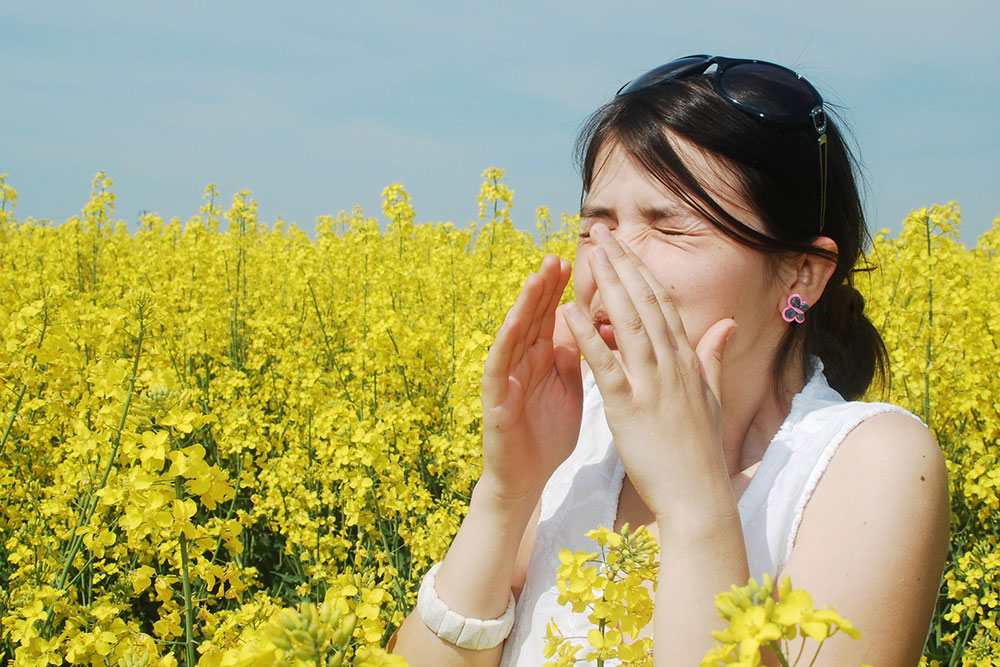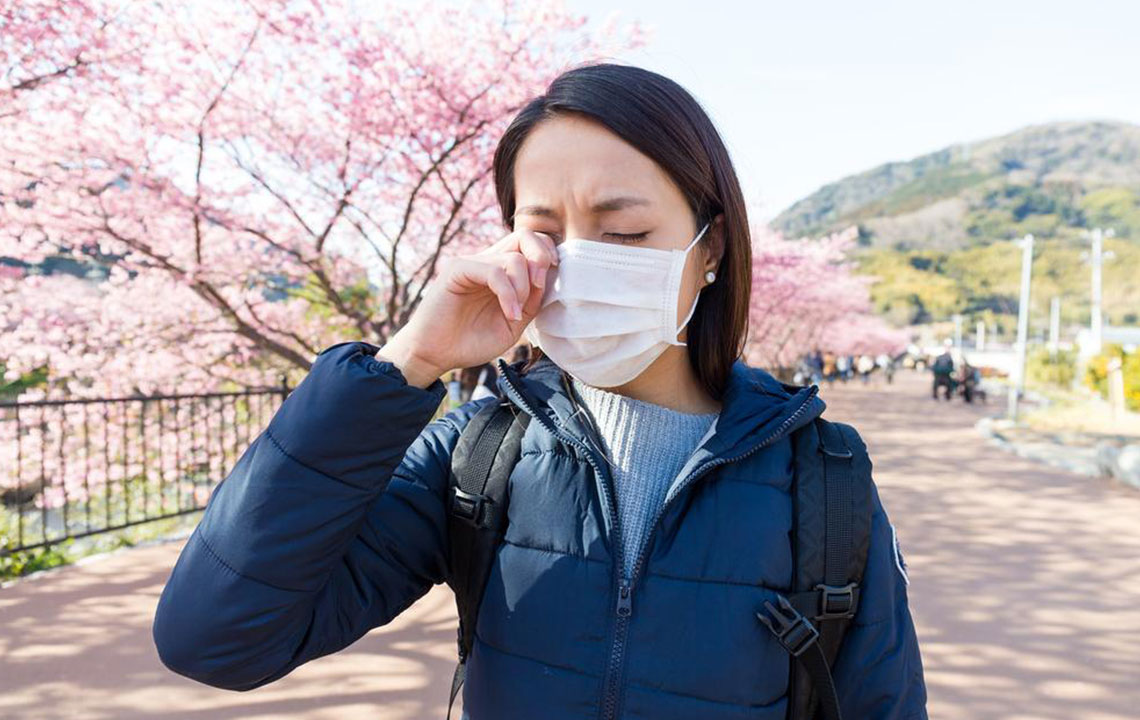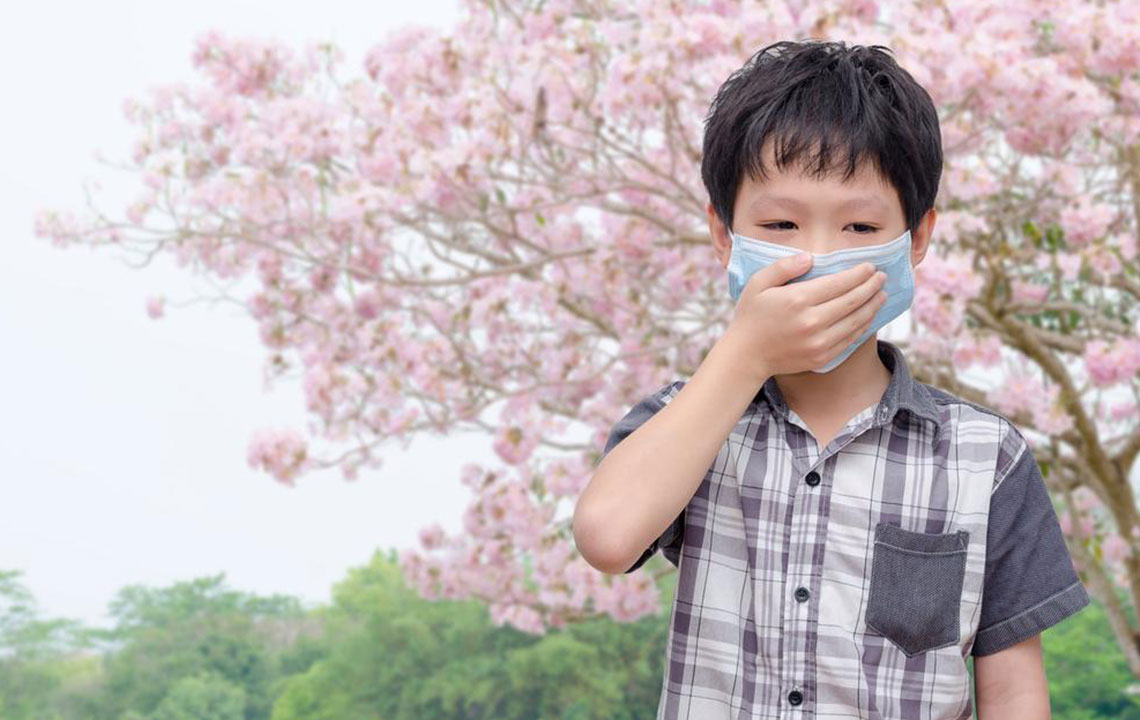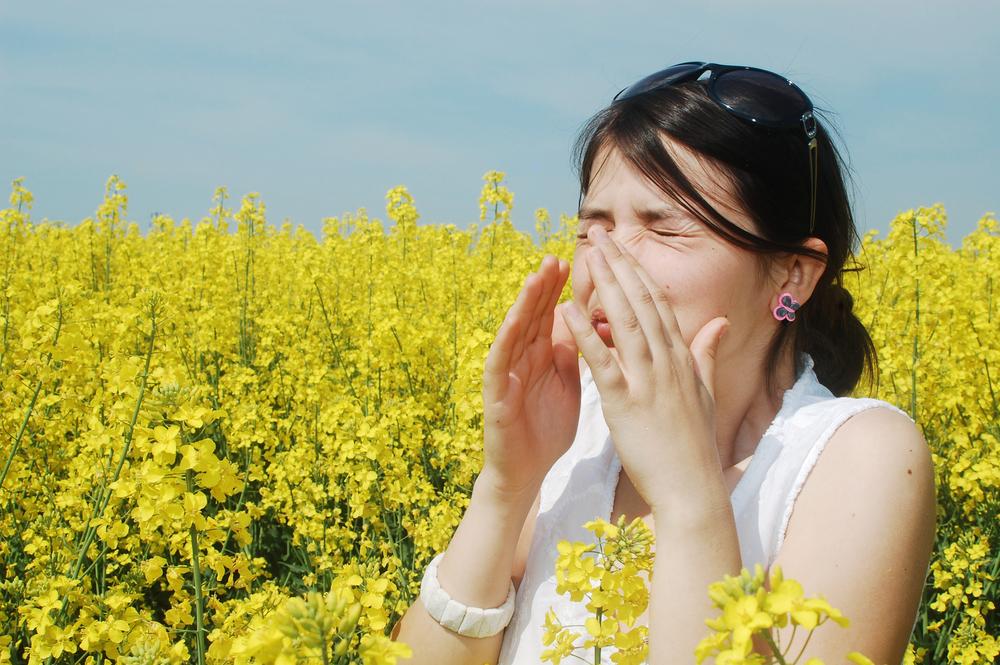Essential Strategies for Managing Pollen Allergies and Finding Relief
Learn effective strategies to manage pollen allergies and reduce symptoms with lifestyle adjustments, medications, and home remedies. This comprehensive guide helps identify triggers, understand symptoms, and adopt preventive measures for lasting relief.

Understanding Pollen Allergies and Effective Relief Methods
Pollen, a fine powder released by flowering plants, trees, grasses, and weeds, is crucial for plant reproduction. However, inhaling pollen can cause allergic reactions in sensitive individuals, leading to a range of uncomfortable symptoms. Many people suffer from pollen-induced allergies, which result from the immune system mistakenly attacking harmless pollen particles.
This immune response is known as allergic rhinitis or hay fever. How can you manage pollen allergies? While complete prevention is difficult, lifestyle measures and medications can significantly reduce symptoms. This guide covers key information about pollen triggers and home remedies to ease your discomfort.
Sources of Pollen That Cause Allergies
Common allergenic pollens come from trees like oak, birch, and cedar, as well as grasses and weeds such as ragweed, tumbleweed, and sagebrush. Grass pollen is the most prevalent allergen. Identifying your specific allergy with the help of an allergy specialist enables more effective timing of treatment, especially since different plants release pollen at different times of the year.Typical Symptoms of Pollen Allergies
Symptoms include congestion, a runny nose, itchy and watery eyes, facial sinus pressure, coughing, mild hearing issues, sore throat, heightened asthma episodes, and under-eye puffiness or discoloration.Diagnostic Techniques
Medical professionals often use two main tests:Skin Prick Test: Allergens are applied to skin pricks; allergic reactions such as redness, swelling, and itching appear within minutes, and hives indicate allergy severity.
Blood Test (IgE level): A blood sample measures specific antibodies, especially useful if skin tests are unsuitable or interfere with medications.
Steps to Control Pollen Allergies
Preventive measures include avoiding outdoor activities on windy days, keeping windows closed during high pollen periods, and wearing masks outdoors. Medications like antihistamines or nasal sprays can alleviate symptoms. For long-term relief, allergen immunotherapy (allergy shots) can help desensitize your immune response over time.Home Remedies for Symptom Relief
You can also adopt home strategies such as:Using HEPA filters in your air conditioning system
Taking herbal supplements like butterbur or spirulina
Consuming probiotics to strengthen immune health
Taking 2000 mg of Vitamin C daily
diffusing essential oils like peppermint or eucalyptus
Using Bromelain to ease breathing issues
Changing clothes after outdoor exposure to minimize pollen contact
Always consult your healthcare provider before trying new remedies, especially if symptoms worsen. Proper management can help you breathe easier and enjoy allergy season more comfortably.

